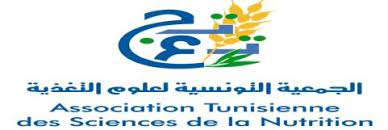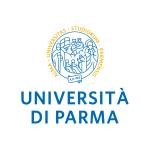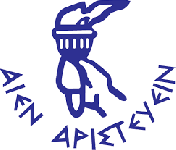ABOUT US




The need to maintain the production of local foods characterized by a high nutritional index, update traditional food production methodologies by developing attractive tech-based approaches, promote healthy eating habits that meet consumers’ preferences and acceptability, as well as reducing the complexity of supply chains (Farm to Fork) must be addressed to ensure food and nutrition security. This is especially true in Mediterranean countries undergoing dietary and nutritional changes that affect their inhabitants’ health while creating many socio-economic and environmental challenges. These changes have happened despite the health benefits of consuming a Mediterranean diet (MD) demonstrated in numerous epidemiological studies, and because dietary interventions are effective, it is essential to identify and address perceived barriers to healthy eating. PROMEDLIFE will improve adherence to the MD by identifying the main challenges and promoting the MD through innovation at different stages of the food system, from primary production to food consumption.



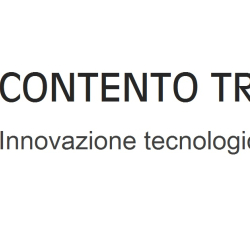

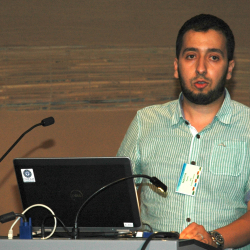

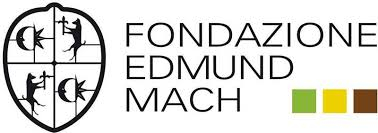
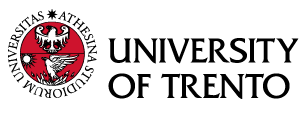

.jpg)

